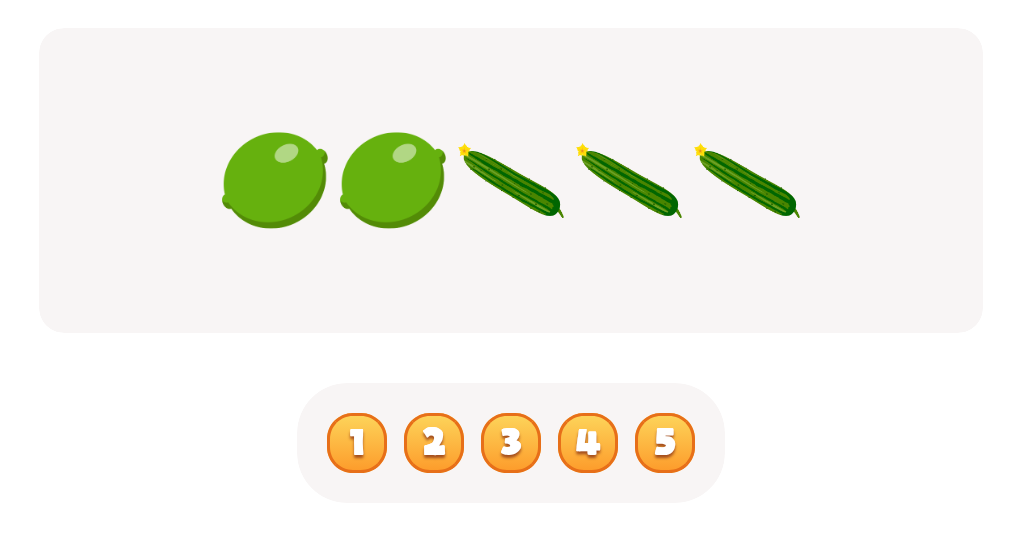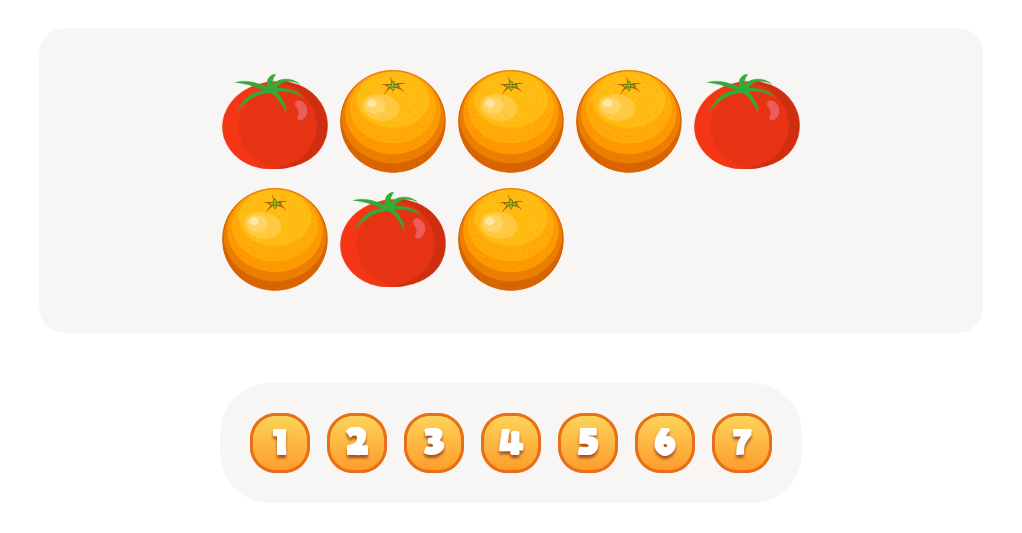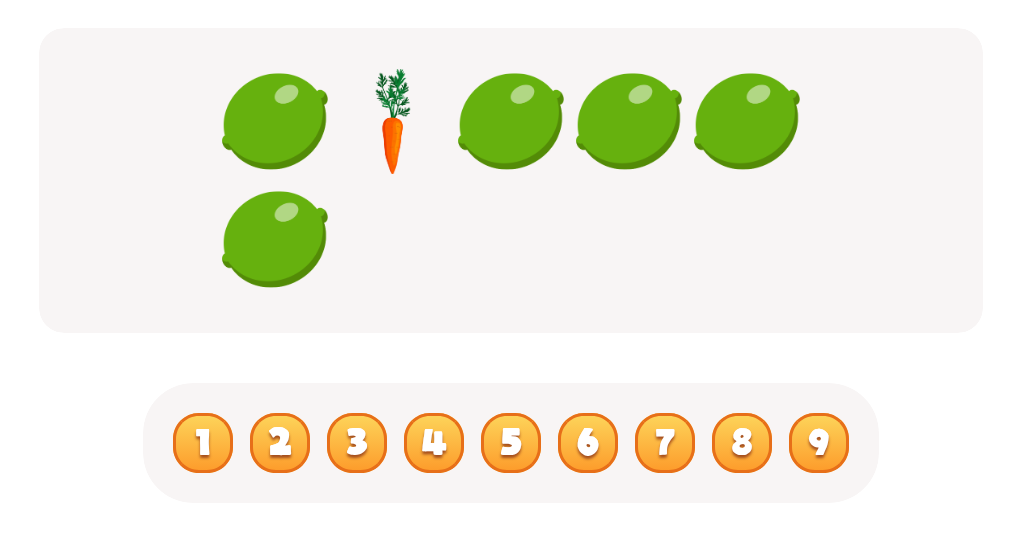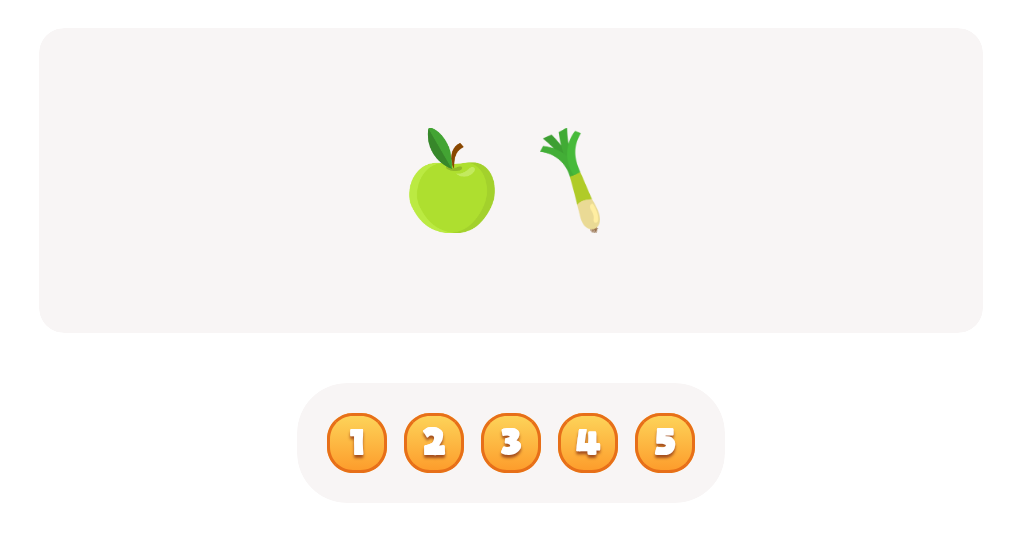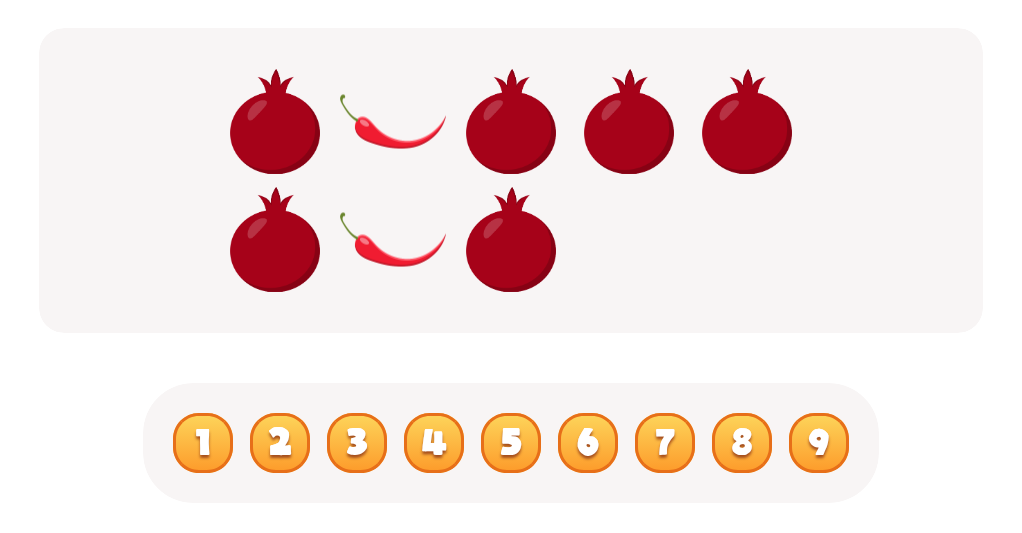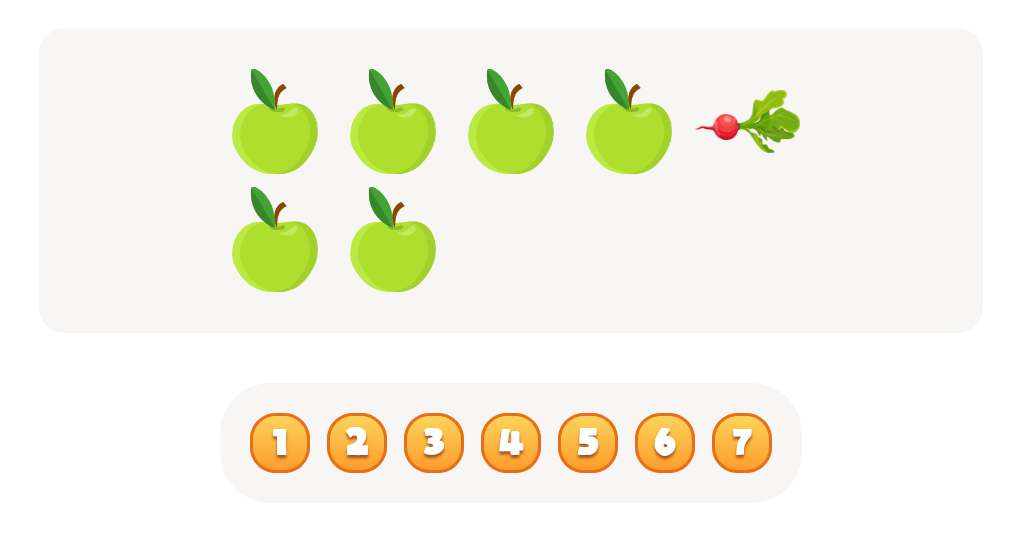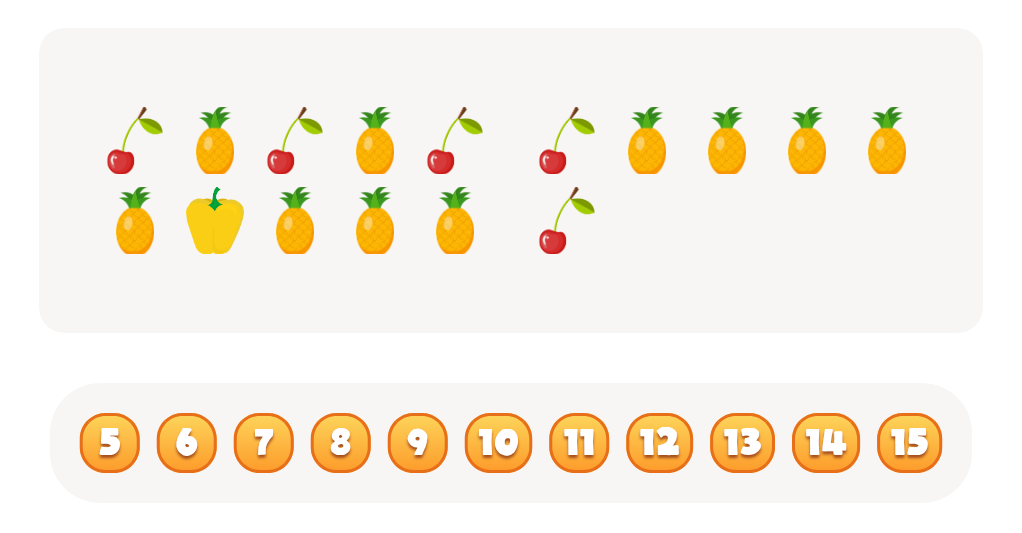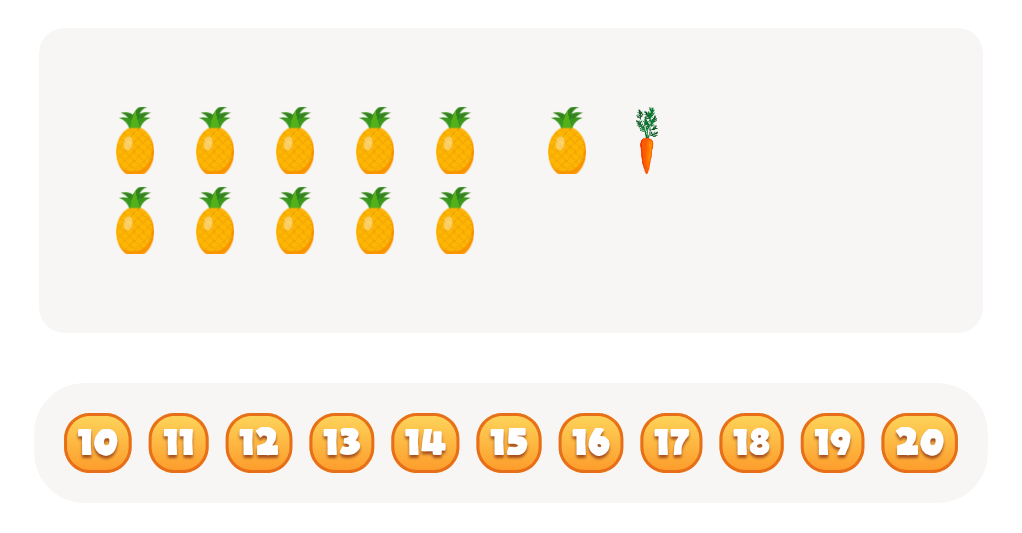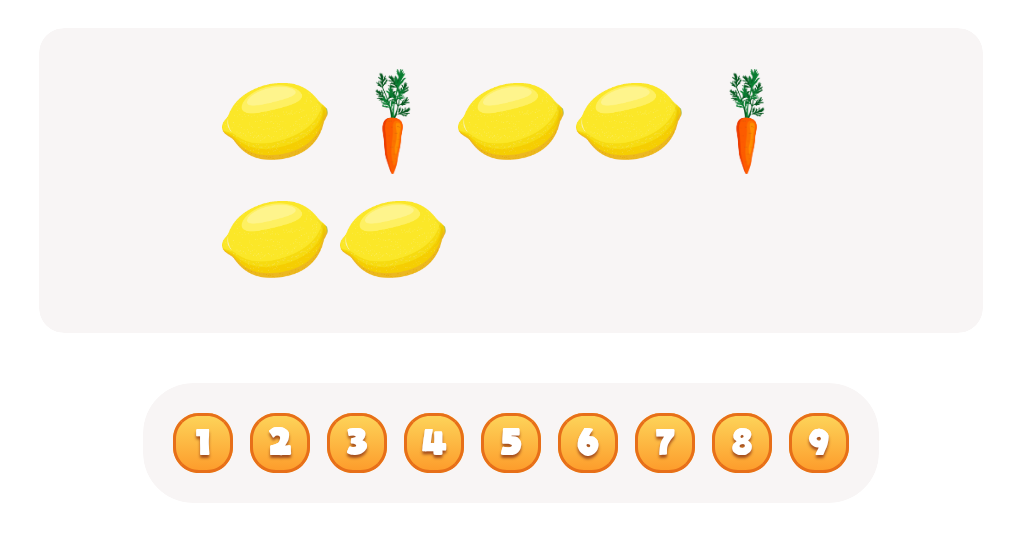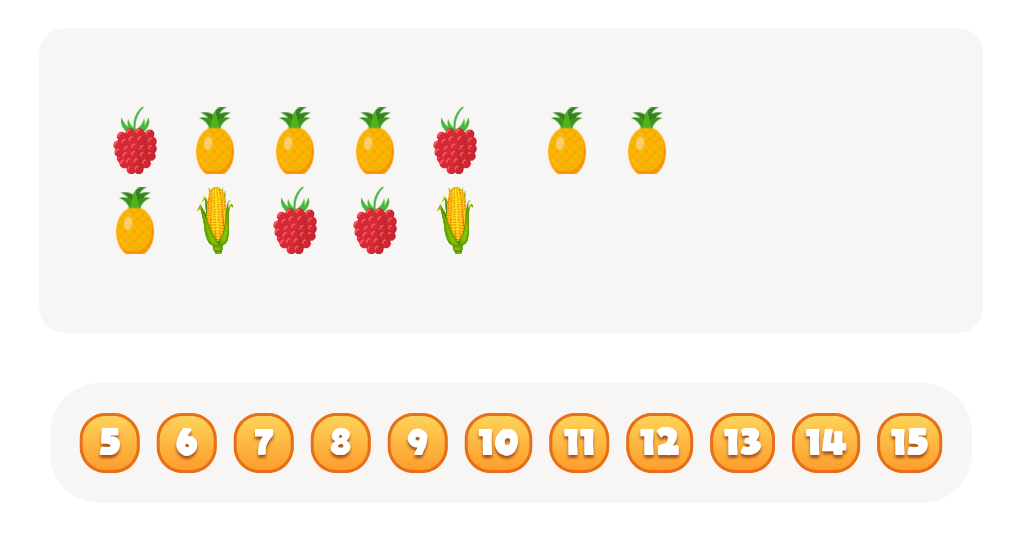Enhancing observation skills Plants and Animals Worksheets for Ages 3-6
4 filtered results
-
From - To
Enhance your child's observational skills with our engaging "Plants and Animals Worksheets" designed for ages 3-6. This collection focuses on fostering curiosity and encourage young learners to closely examine nature. Each worksheet features interactive activities that promote observation through drawing, detecting differences, and identifying various plants and animals. Perfect for home or classroom use, these worksheets inspire detailed examination and critical thinking. Get ready to spark your child's interest in the natural world while developing foundational science skills. Dive into exploration and watch their learning bloom with these fun, educational resources that make science exciting and accessible for little ones!


Pollinator Positions Worksheet
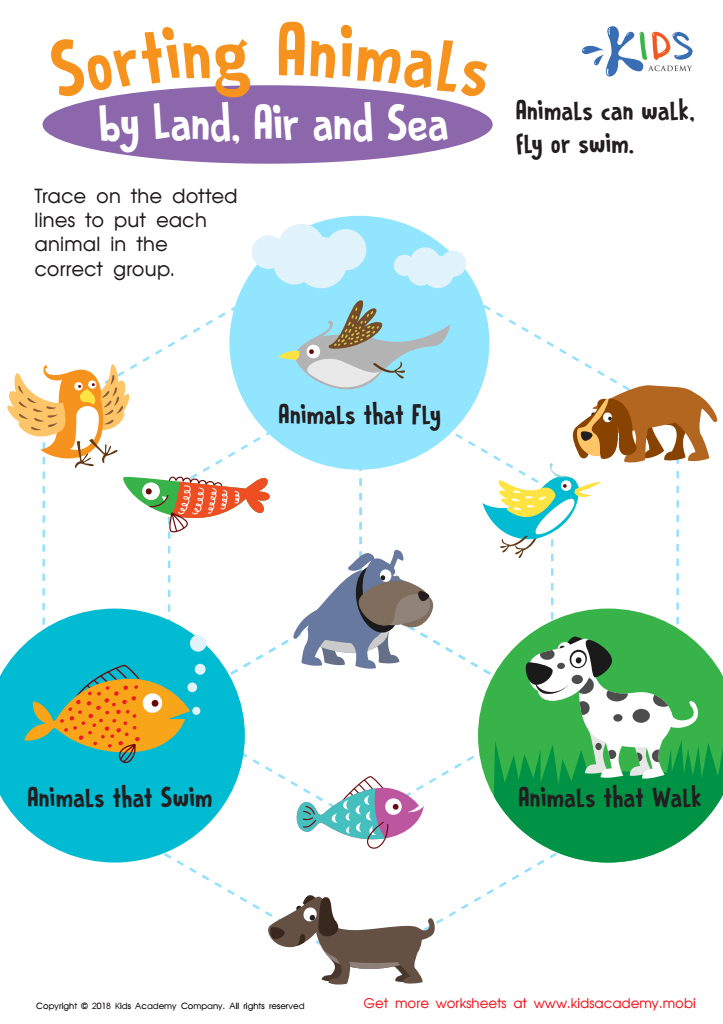

Sorting Animals by Land, Air and Sea Worksheet
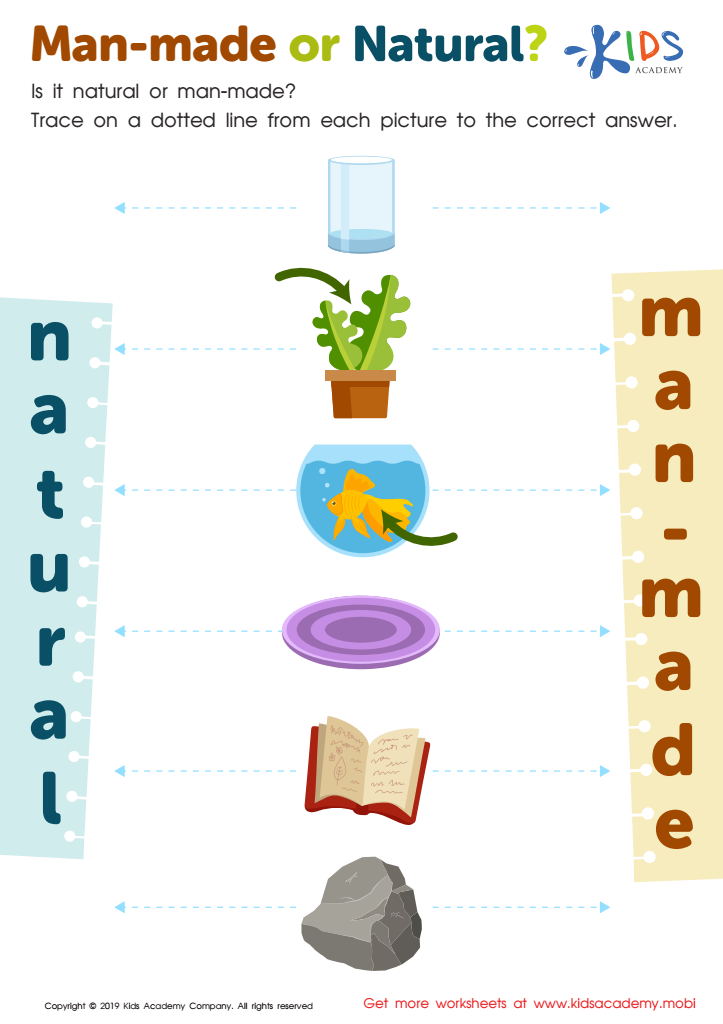

Man-Made or Natural? Worksheet
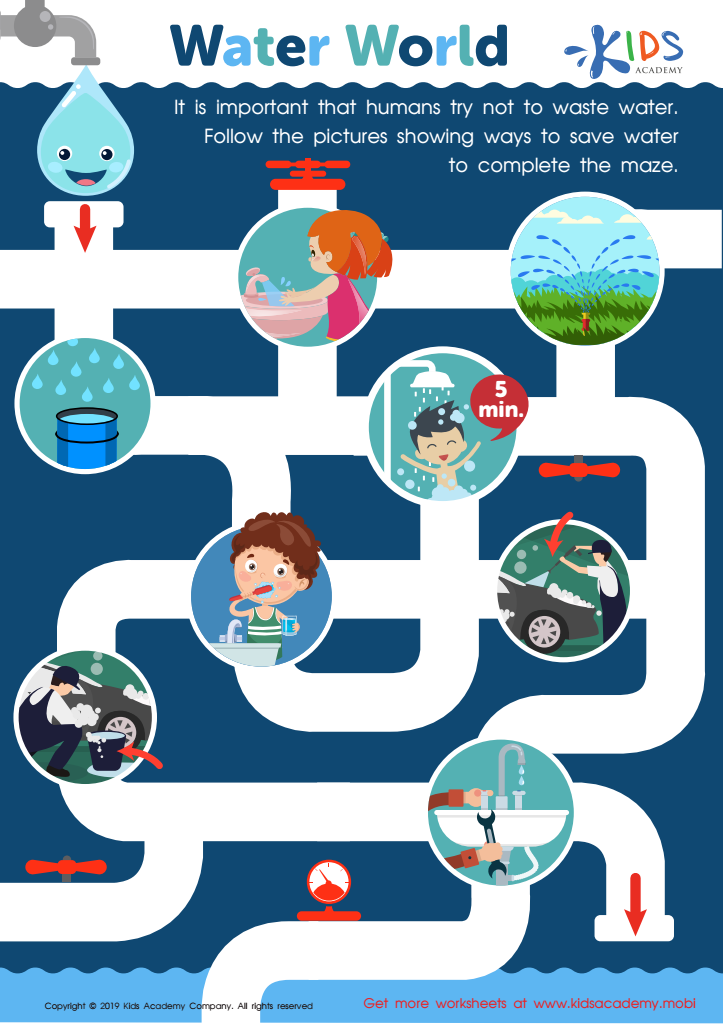

Water World Worksheet
Enhancing observation skills in young children, particularly related to plants and animals, is crucial for several reasons. First, early observation fosters curiosity and promotes a sense of wonder about the natural world. By encouraging children to closely observe plants and animals, they learn to ask questions, explore their surroundings, and develop a love for learning. This foundational skill enhances critical thinking and problem-solving abilities as children begin to make connections and draw conclusions based on their observations.
Second, observation skills help children develop important cognitive, social, and emotional skills. When children engage in observing nature, they share their findings with peers or teachers, advancing their communication abilities and social interactions. Working in small groups also boosts teamwork skills and fosters an understanding of diverse perspectives.
Furthermore, learning about plants and animals nurtures environmental awareness and stewardship from a young age, fostering a sense of responsibility towards nature. As children become more attuned to their surroundings, they cultivate empathy towards living beings, laying the groundwork for ethical behavior and environmental activism in the future.
Overall, enhancing observation skills in young children not only enriches their educational experience, but also supports lifelong learning, curiosity, and respect for the natural world, making it an invaluable focus for parents and educators alike.
 Assign to My Students
Assign to My Students
